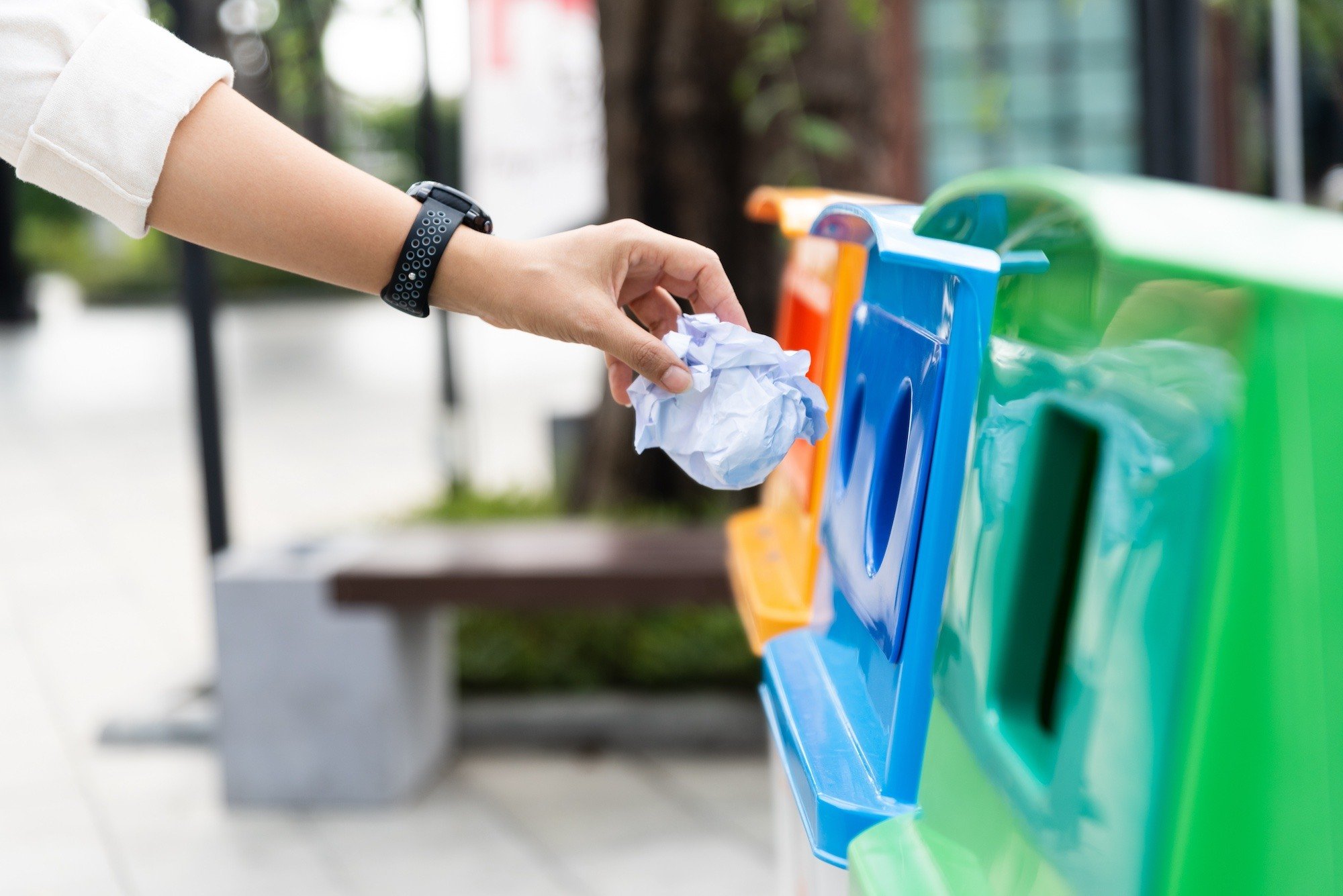THE IMPORTANCE OF GOOD NUTRITION AND HYDRATION IN THE ELDERLY - AND HOW YOU CAN HELP

Nutrition and Hydration. We know it’s important for a good quality of life, but we also know it is easy for the elderly to forget to eat and drink properly. We examine how care homes can help residents maintain a good level of nutrition and hydration. Food is fundamental to the quality of life, and for many older people in particular, it can be critical to their health and well-being. Unplanned or unexplained weight loss can make older people more susceptible to catching illnesses. People’s appetites can also reduce as they get older, so ensuring care home residents are eating enough is vital.
As we get older, there is reduced awareness of thirst due to reduced production and sensitivity to the anti-diuretic hormone[1] , even more so in individuals with dementia or those who have had a stroke.
Ensure Easy Access to Food & Drink
By ensuring there are plenty of drinks around, with cups, mugs and glasses can encourage and enable people to drink from these where possible. Using light weight cups and jugs can also be helpful for elderly residents.
Use Aids
Drinking aids such as beakers can support residents with their hydration. Beakers are often supplier if they are a preferred choice or they are assessed to have a high risk of spillage. Some residents may also benefit from adapted cutlery or aids to help them eat.
Offer Plenty of Choice
Offering residents plenty of options means that no one is limited by choice. If residents are reluctant to drink water, offer other options, like tea, juice or even soups to help improve hydration. The NHS recommends tea and coffee to elderly people who are struggling to stay hydrated as it is often preferred over water[2].
Staying hydrated and nourished can prevent illness, cause better moods and can even boost brain function. The Nutrition and Hydration week is an annual event which aims to highlight, promote and celebrate improvements in the provision of nutrition and hydration. To find out more about the nutrition and hydration week, and get involved in promoting their causes, visit https://nutritionandhydrationweek.co.uk/
If you need assistance in finding aids to help your care home residents drink and eat independently, call Wightman & Parrish, or contact your Client Manager.
[1] https://www.cppe.ac.uk/learningdocuments/pdfs/older_people.pdf
